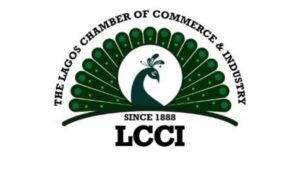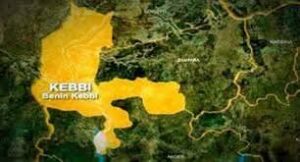Nigeria unveils Zinc-enriched rice to tackle malnutrition and boost food security

In a major stride toward enhancing national nutrition and food safety, the Federal Government of Nigeria has officially released two biofortified zinc rice varieties, Faro 71 and Faro 72. The announcement was made by the Minister of Agriculture and Food Security, Senator Abubakar Kyari, during a media briefing in Abuja.
The new rice varieties, developed through a collaborative effort between the Ministry, HarvestPlus, and the National Cereals Research Institute (NCRI), are designed to address zinc deficiency—one of the country’s most pressing public health issues. According to the minister, zinc deficiency contributes to stunted growth, weakened immune systems, and poor maternal and child health outcomes. “These rice varieties offer more than just higher yields,” Senator Kyari said. “They are enriched with zinc, adaptable to various ecological zones, and resilient to drought, pests, and diseases. This makes them a powerful tool in the fight against food insecurity and malnutrition, especially for smallholder farmers.”
Zinc is essential for immune function, cognitive development, and overall well-being. Yet, a significant portion of Nigeria’s population fails to meet daily zinc requirements due to low-nutrient diets. Studies show that 68% of children under five suffer from anaemia, often linked to deficiencies in zinc and iron. The national stunting rate among children under five stands at a concerning 37%. The zinc-enriched rice varieties, when consumed regularly, can provide up to 40% of an individual’s daily zinc requirement—offering a cost-effective solution to micronutrient deficiencies. The innovation also promises to boost farmer incomes and strengthen value chains across Nigeria and Africa.
“This breakthrough is not only a first for Nigeria, but for the entire African continent,” the minister said, acknowledging support from the British Government’s Foreign, Commonwealth & Development Office (FCDO), the Propcom+ Project, and the Alliance for a Green Revolution in Africa (AGRA). The initiative draws inspiration from successful zinc rice programs in Bangladesh and India, where enriched rice has led to measurable improvements in community health and productivity.
Permanent Secretary of the Ministry, Dr. Marcus Ogunbiyi highlighted the milestone as a testament to Nigeria’s leadership in agricultural innovation. “Rice is a staple food in Nigeria. Enhancing its nutritional value is a direct investment in our people’s health and our country’s future,” he said. Country Director of HarvestPlus, Dr. Yusuf Dollah revealed that efforts are now focused on commercializing the varieties. “We are currently producing early-generation seeds and will work with partners to roll out large-scale demonstrations and create demand. Our goal is to make these nutritious varieties widely available without increasing the cost to farmers or consumers,” he explained.
Also in attendance were representatives from Biofarm, Propcom, AGRA, and other stakeholders supporting the nationwide rollout. As Nigeria takes the lead in biofortified rice production on the continent, officials emphasize the need for sustained collaboration between public and private sectors to ensure long-term impact on national nutrition and food resilience.






